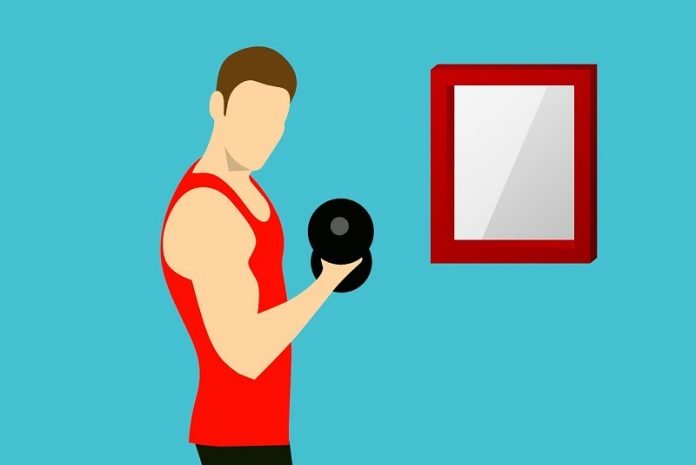
It is known that animal proteins like milk are an excellent source for muscle growth. They provide a useful comparison for testing other protein sources.
In a recent study, researchers found that Quorn protein could build muscles better more effectively than milk protein.
Mycoprotein, the protein-rich food source that is unique to Quorn products, could stimulate post-exercise muscle building to a greater extent.
The research is from the University of Exeter. One researcher is Dr. Benjamin Wall.
In the study, the team examined 20 healthy, trained young men at rest and following a bout of strenuous resistance exercise. The young men performed the exercise and were then given either milk protein or Quorn protein.
Their muscle-building rates were then measured in the hours following protein consumption.
The team focused on the digestion of protein, which allows amino acids (the building blocks of protein) to increase in the bloodstream and then become available for muscle protein building.
They found people who ingested milk protein increased their muscle-building rates by up to 60%. But those who had Quorn protein increased their muscle growth rates by more than double this.
This suggests that mycoprotein, the main ingredient in all Quorn products, is a more effective source of protein to promote muscle growth.
Quorn protein can stimulate muscles to grow faster in the hours following exercise compared with a typical milk protein (milk protein).
The team says the current recommendations for protein intake are too low.
Some scientists have calculated that minimum protein requirements could have been underestimated by as much as 30-50% in some people.
This finding may encourage people to choose non-animal sources of protein to support muscle growth with training. Future work needs to see whether these findings can be confirmed in longer-term training studies in different populations.
If you care about nutrition and your health, please read studies about how to eat right to build strong muscles and findings of protein shake for muscle growth may bring health risks.
For more information about nutrition and wellness, please see recent studies about this common fruit may keep your muscles young and results showing that vitamin D deficiency may lead to poor muscle function in older people.
Copyright © 2021 Knowridge Science Report. All rights reserved.



